Category: e-governance
-
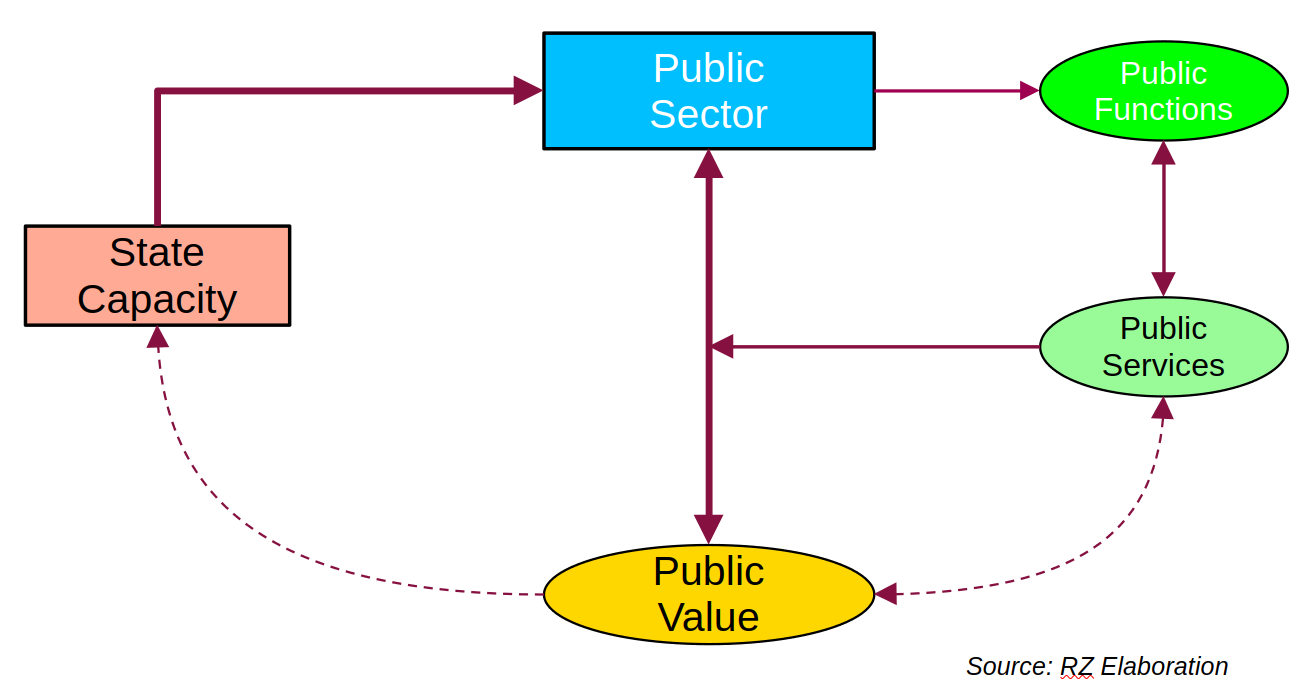
AI in the Public Sector – II
While competing theories on public services exist, two of the most relevant deserve special mention. In one corner is the French conception, which stems from the French Revolution and directly links public services to the state within a rights-based framework. It is thus very close to the Covenant on Economic, Social and Cultural Rights. On…
-
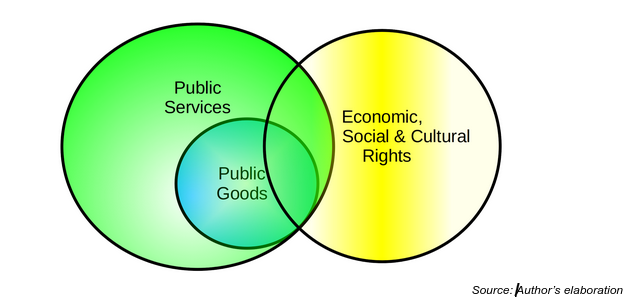
AI in the Public Sector – I
Historically, the public sector has not been a leader in deploying digital technologies. In fact, it is usually a step or two behind other sectors, including civil society organizations. Reasons for such a predicament go beyond bureaucracy and, in numerous instances, are linked to legitimacy, transparency, and accountability. After all, spending public resources responsibly demands…
-

ChatGPT’s New Version
Yesterday, OpenAI released a new iteration of ChatGPT, version 3.5. To quickly check, I decided to ask some of the same questions I did back in December. The table below compares the results. ChatGPT November 2022 v3.0 January 30 2023, v3.5 1. Can you perceive any gaps in your training? As a computational agent, I…
-

Hacking Public Policy Making with AI
Modern Evidence-based Policy Making (EBPC) has been around for 25 years, imported into the mainstream from the health sector and its success with randomized controlled trials. The latter has now spread to many other sectors and research areas. A few years back, a couple of economists won the so-called Nobel prize for wholeheartedly embracing such…
-

Blockchain Adoption in the Public Sector – I
Over ten years after its creation, the hype on Blockchain Technology (BCT) continues to dominate the scene compared to actual implementation. However, that does not necessarily imply it has remained immune to change. At the very onset, Cryptocurrencies, led by Bitcoin, were the main attention magnets. Not surprisingly as, after all, the goal of its…
-

Digital Government and Social Leaders
As part of an online course on Digital Government for Social Leaders, I was asked to develop a script for a five-minute animation where an Avatar will introduce the topic and entice the leaders to embrace it as part of their political agendas. The animation introduces the short course and is complemented by a more…
-
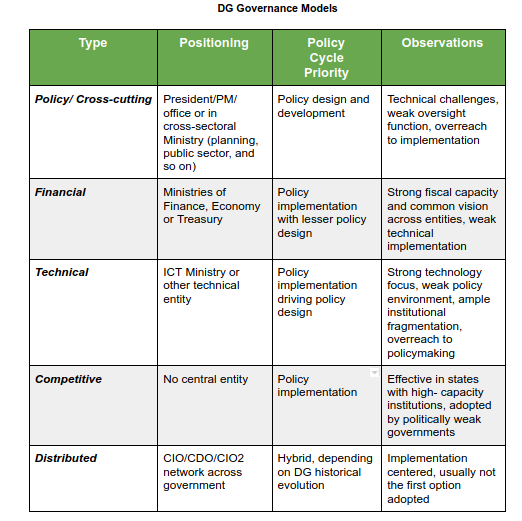
Digital Government Governance Models
Governments should fully understand the scope and reach of the various Digital Government (DG) institutional functions described in my previous post and their proper sequencing before they embark on comprehensive digital transformation processes. The policy units’ actual institutional location leading DG processes should result from the analysis of the various functions, not the starting point.…
-
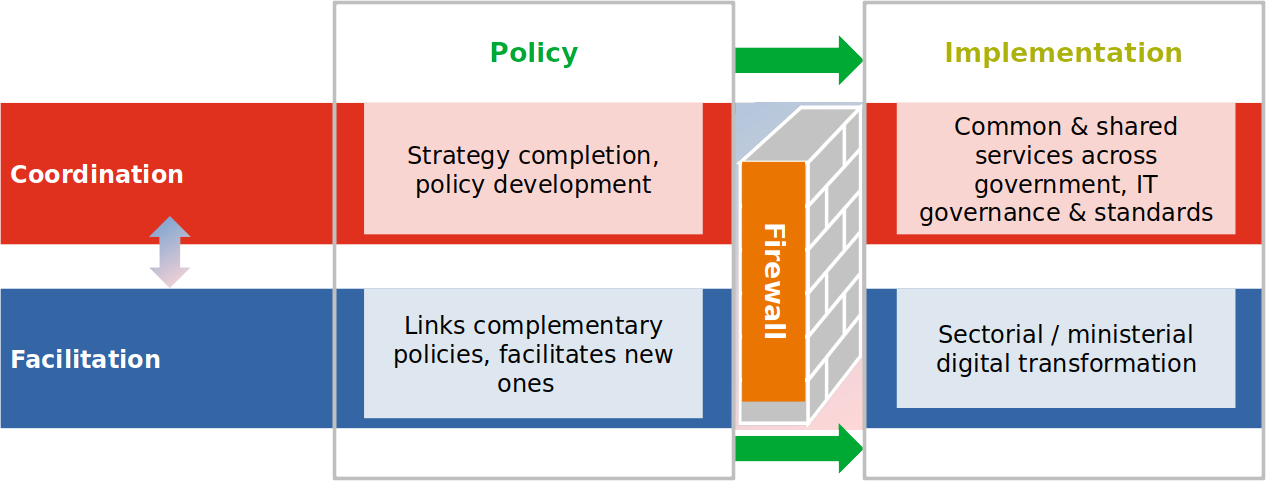
Digital Government Revisited – III
Institutions matter, more so for the development and implementation of Digital Government (DG), whose core target is public institutions’ transformation. On the one hand, public institutions should have an array of capacities to ensure public investments in digital technologies are effectively managed from beginning to end. In many low-income countries, such capabilities are exiguous or…
-
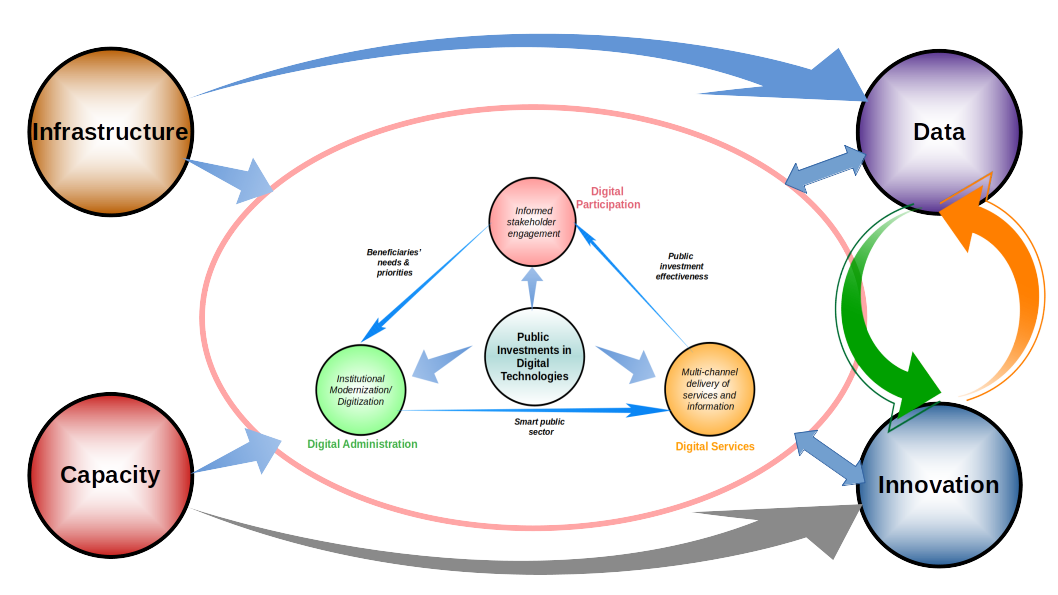
Digital Government Revisited – II
Since the early 1980s, Governments have taken a bad rap. Menacing fingerpointing from most quarters ended up on a consensus that loudly declared them personas non-gratas. The 2009 Global Financial Crisis started to turn the tide. At the time, governments once again came to the rescue of capitalism, unveiling gigantic financial packages to prevent critical…
-
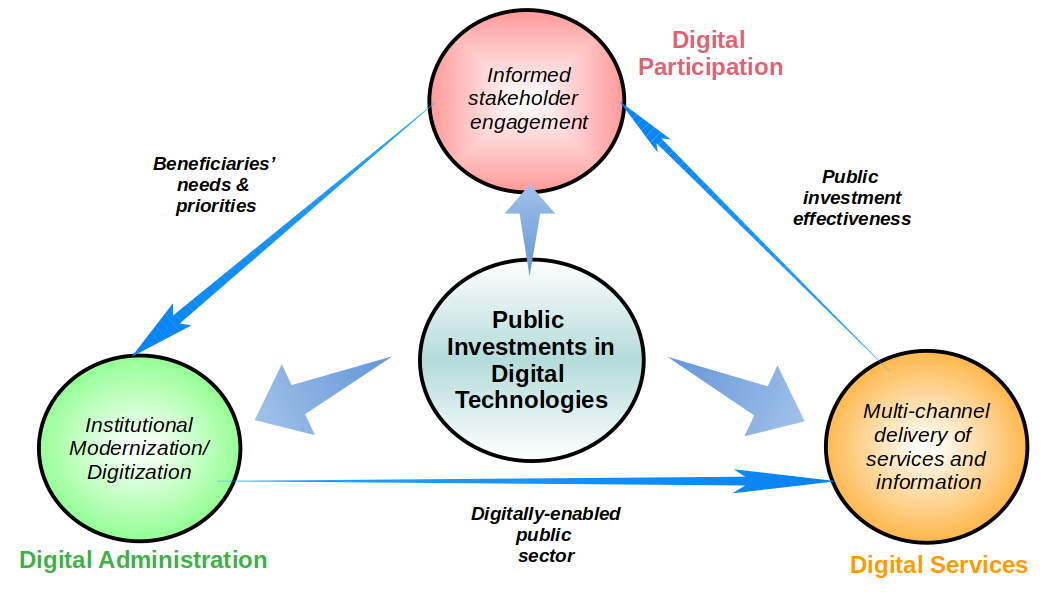
Digital Government Revisited
Overview Running on the coattails of electronic commerce, Digital Government (DG) first saw the light of day over 20 years ago. Initially christened as electronic government or e-government, it has since experienced multiple name changes, ranging from e-governance and transformational government to intelligent and smart government. Nowadays, the field seems to be enjoying its run…
-
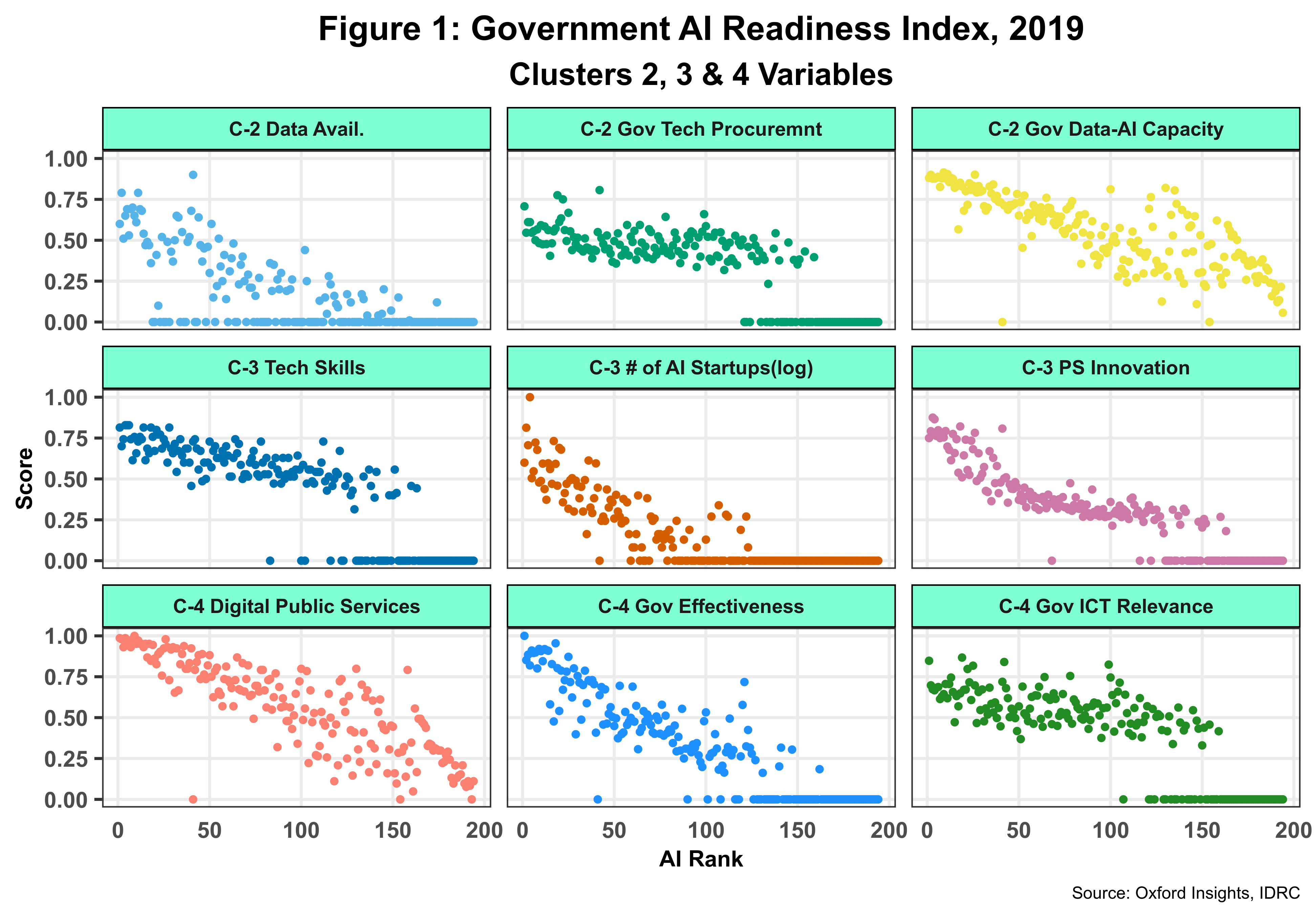
Measuring Artificial Intelligence Development
Artificial Intelligence (AI), including its siblings machine learning and deep learning, has grown by leaps and bounds in the last decade. More importantly, the technology has been deployed effectively in a wide range of traditional sectors, bringing real transformational change while raising fundamental socio-economic (joblessness, inequality, etc.) and ethical (bias, discrimination, etc.) issues. Today, AI,…
-
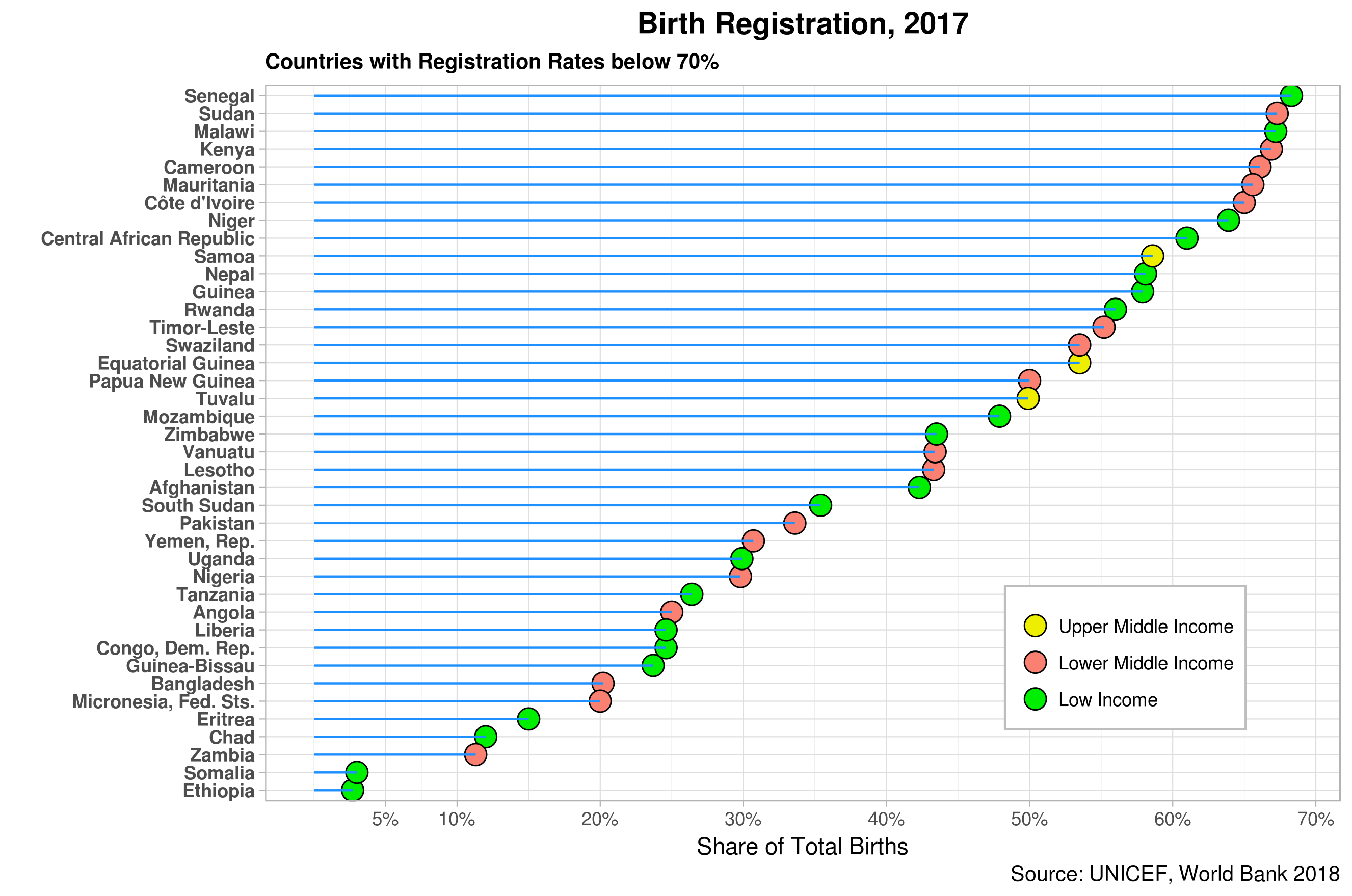
Blockchains and Digital ID, II
The Evolution of Digital identity The emergence of digital technologies provided the ground to shift from traditional systems based on physical identity. In the past, both foundational and functional identity mechanisms were centralized, with individuals getting a physical document containing relevant personal attributes required by the issuing entity. Document management was totally in the hands…
-
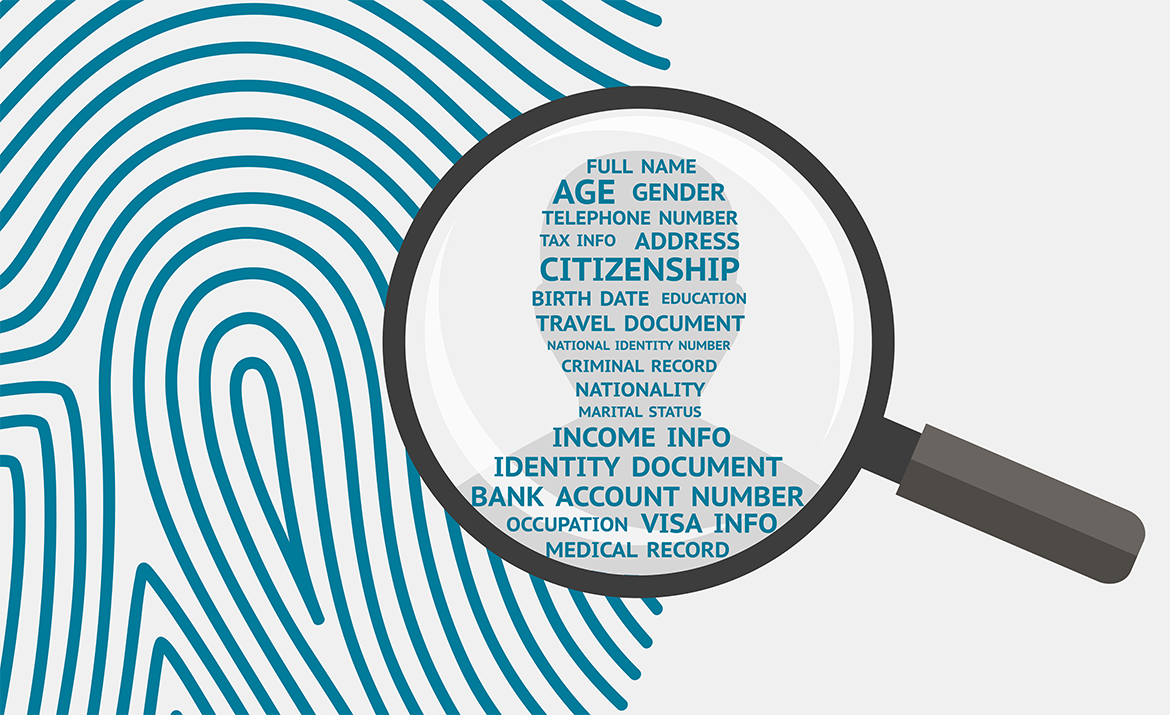
Blockchains and Digital ID, I
Overview Like previous technologies, such as the Internet, blockchains have been driven by a high degree of techno-optimism not yet backed up by on the ground impact or reliable evidence. Undoubtedly, the technology, which is still rapidly evolving, has enormous potential in many sectors and could promote human development if harnessed strategically. One of the…
-
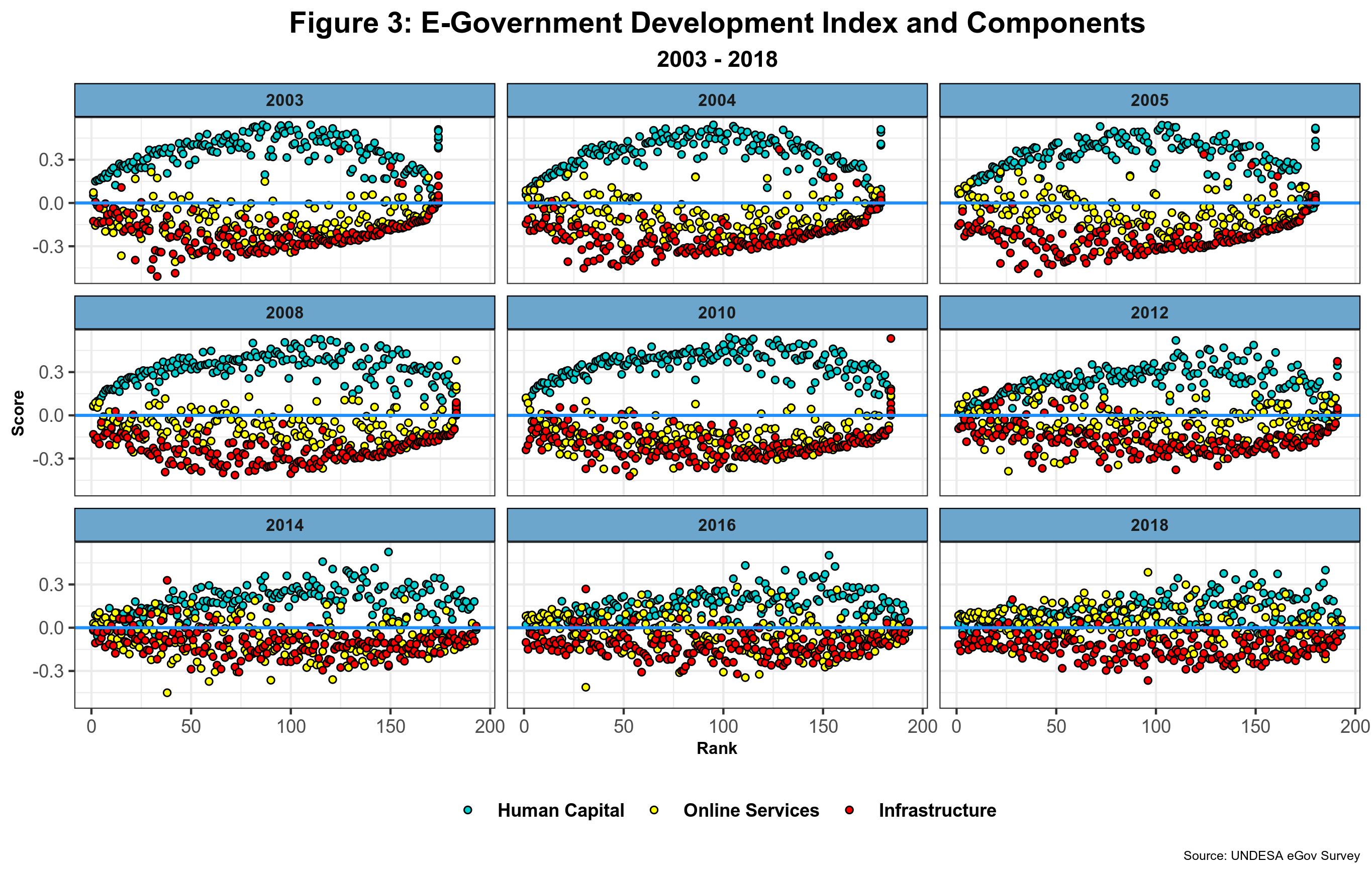
E-government Development II
In this sequel post, I will look at the various components of the UNDESA e-government index and then introduce the EIU democracy index to explore potential interlinks between the two, Components The e-government development index (EGDI) comprises three distinct components 1. Online services. 2. Telecom infrastructure. And 3. Human capital. While the last two are…
-
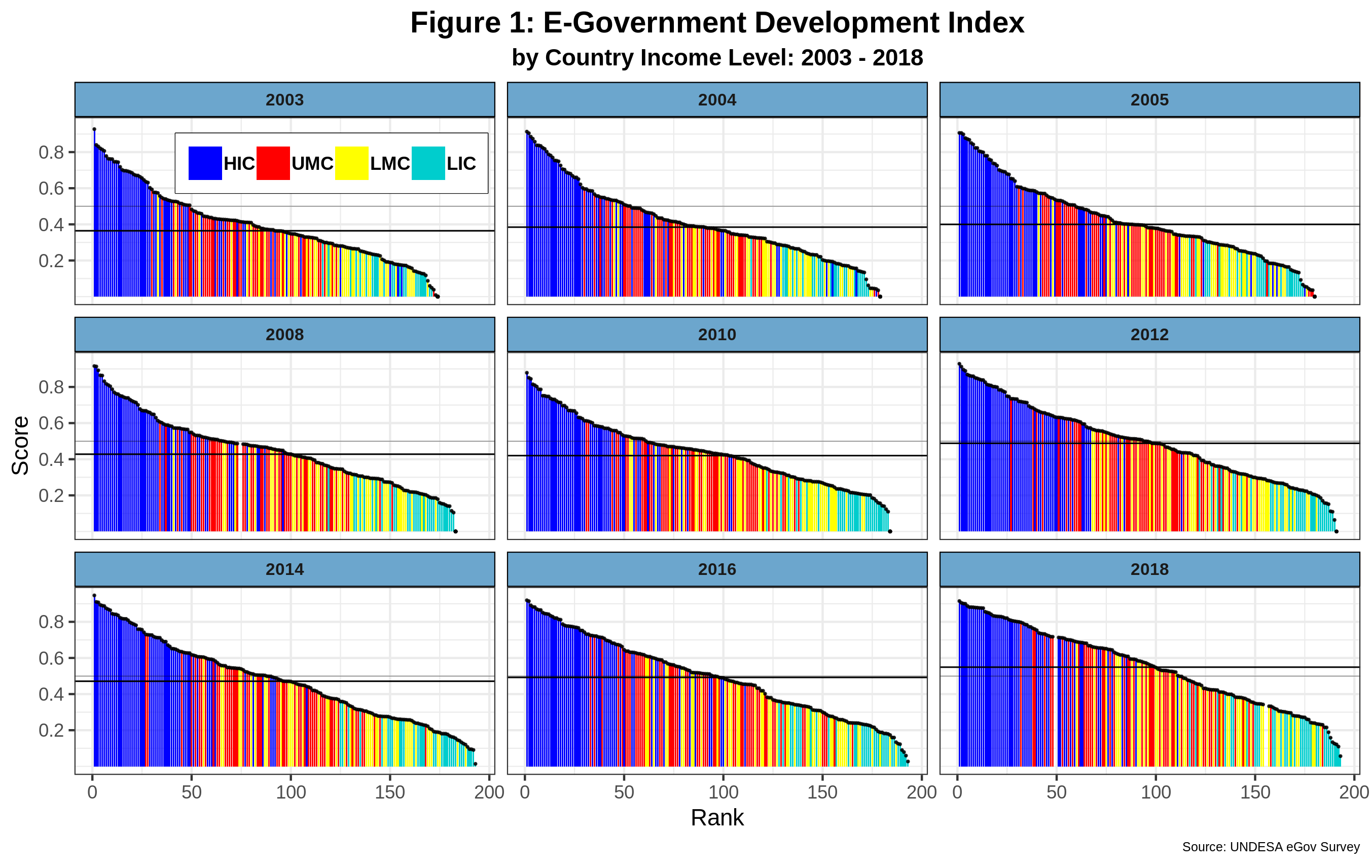
E-government Development I
Birth Running on the coattails of the now infamous dot-com bubble, e-government first saw the light of day before the end of the last Millennium. At that time, where hype overtook the tech scene yet again, adding ‘e’ (as in electronic) to almost any theme became quite fashionable. First in the scene was e-commerce (and…